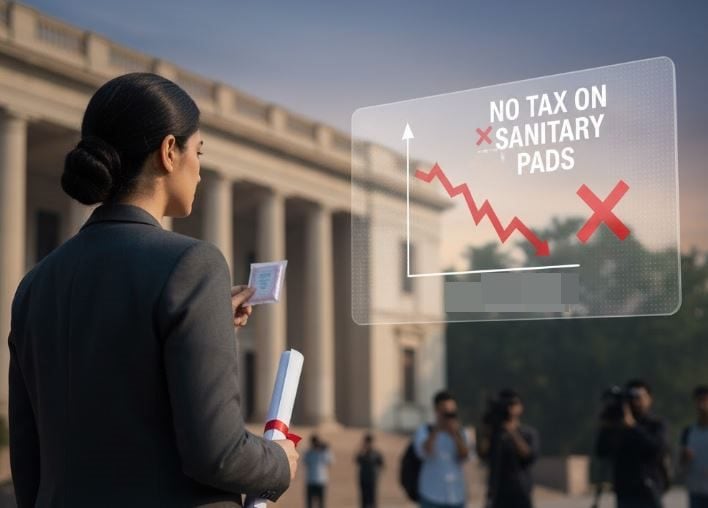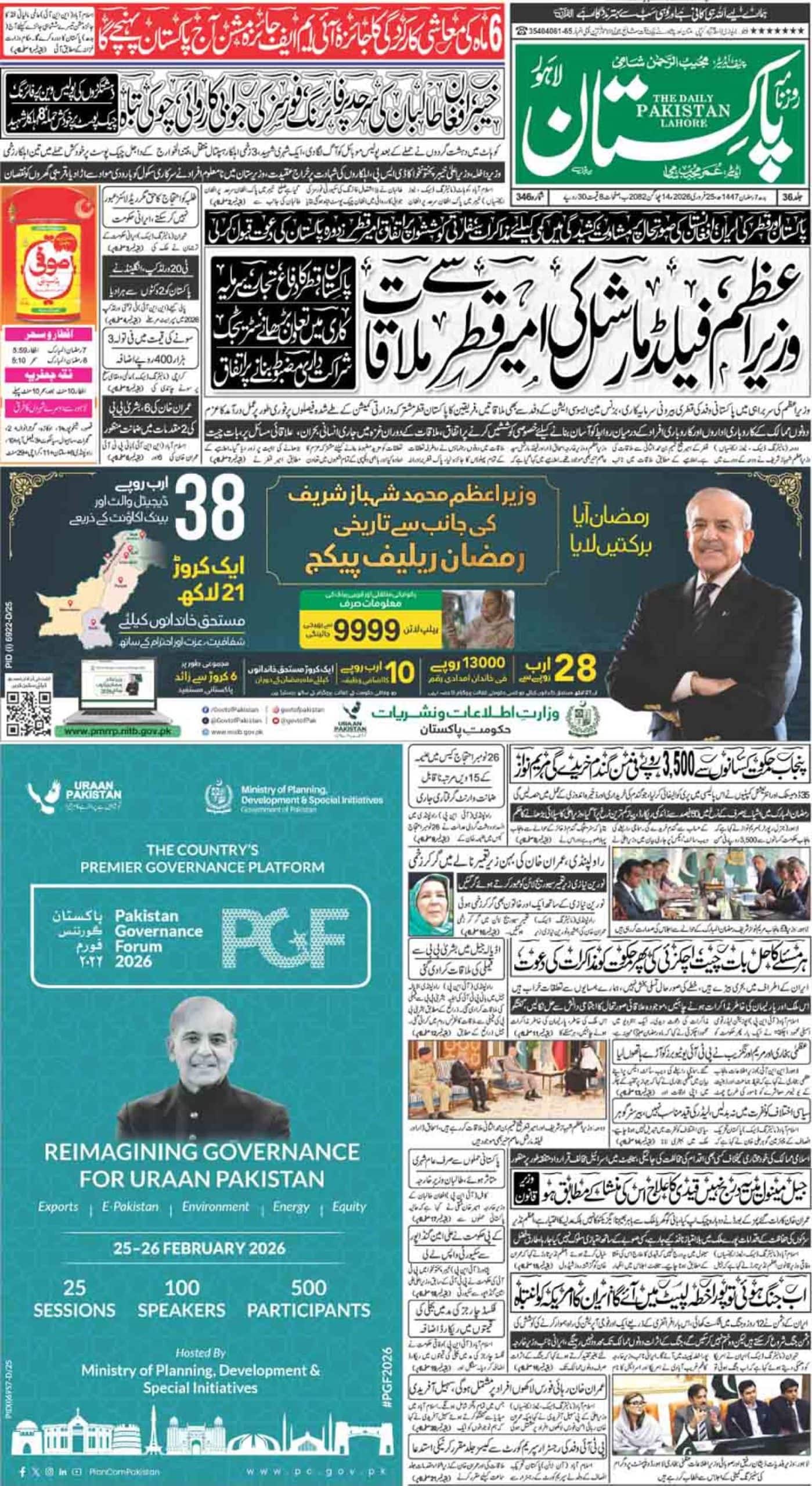RAWALPINDI – Pakistani lawyer Mahnoor Omer filed petition in Lahore High Court challenging the taxation of sanitary pads.
Mahnoor, a young advocate from Rawalpindi, argues that the tax discriminates against women and violates fundamental constitutional rights to equality, dignity, and social justice. She calls her campaign the “Period Tax Fight”, highlighting how heavy taxation makes sanitary pads unaffordable for millions of Pakistani women.
According to a 2024 study by UNICEF and WaterAid, only 12% of women in Pakistan use commercial sanitary pads, with the rest relying on cloth or home-made alternatives—many without access to clean water. Mah Noor’s fight, therefore, is not just personal; she says it’s a struggle for millions of women nationwide.
Currently, sanitary pads in Pakistan are taxed at a staggering 40%, a burden Mah Noor says is “outrageous and unjust.”
This case, officially titled “Mah Noor Umar vs. Government of Pakistan”, has already sparked nationwide debate, drawing attention from activists, women’s rights groups, and legal experts.
In Pakistan, menstrual hygiene remains a major challenge due to both shortage and lack of awareness. Only about 10–15% of women use commercial sanitary pads, while the majority rely on cloth or homemade alternatives, often reused without proper sterilization, increasing the risk of infections.
Pads are expensive and heavily taxed, making them unaffordable for many, especially in rural areas where availability is limited. Social stigma and cultural taboos prevent open discussion of menstruation, leaving many girls uninformed about proper hygiene practices and leading to school absenteeism.
NGOs like UNICEF and WaterAid run awareness campaigns and distribute low-cost pads, millions of women still lack access to safe, hygienic menstrual products, making menstrual health both a public health and social justice issue.














